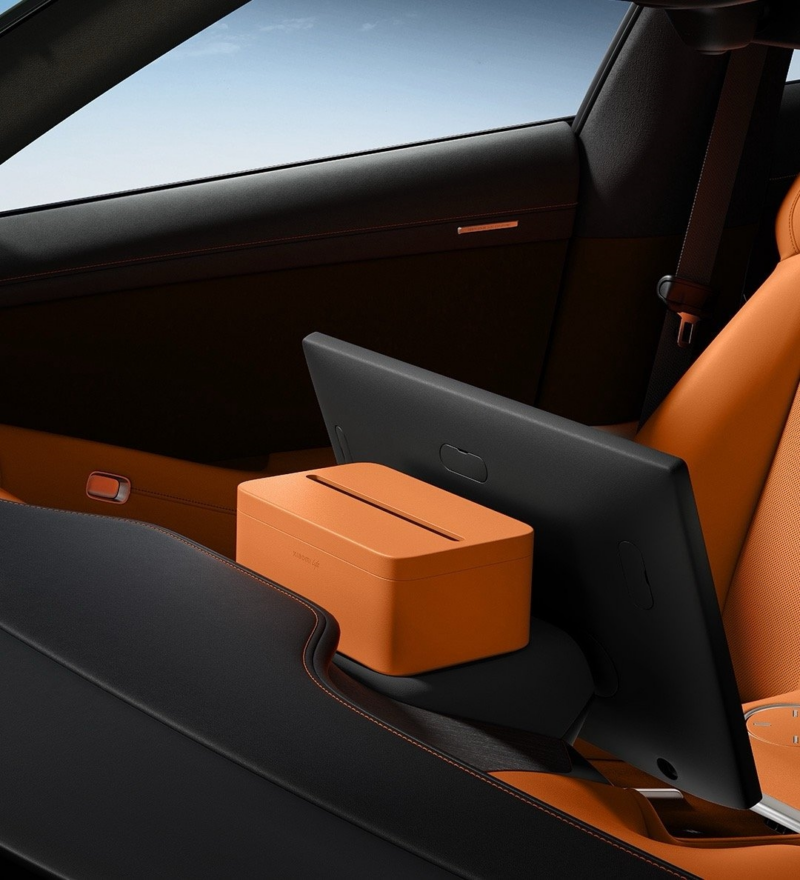A heated debate surrounding the use of consumer-grade chips in vehicles has intensified, with Li Fenggang, Executive Deputy General Manager of FAW-Audi Sales Co., Ltd., releasing a video statement emphasising the critical differences between consumer and automotive-grade semiconductors. Li firmly stated that “cars are not fast-moving consumer goods” and that Audi “will never practice on users.”
Li’s remarks come amidst growing discussion, particularly after the launch of the Xiaomi YU7, which reportedly utilises a consumer-grade Qualcomm Snapdragon 8 Gen 3 chip for its cockpit system. This has led to widespread public and industry scrutiny regarding the reliability and safety of such components in automotive applications.
Li Fenggang detailed the fundamental distinctions between the two chip types, addressing the notion held by some automakers that consumer chips offer superior computing power and sufficient safety. He clarified that automotive-grade chips must pass a rigorous series of international certifications, including AEC-Q, ISO 26262, and IATF 16949. In contrast, consumer-grade chips are found in everyday electronics like mobile phones, computers, and smart home devices.
Li highlighted three key areas of divergence:
The debate gained significant traction with the Xiaomi YU7, where the use of a consumer-grade Qualcomm 8 Gen 3 cockpit chip was juxtaposed with a “vehicle-grade” tissue box.

However, the Xiaomi YU7 is not the first vehicle to incorporate non-automotive-grade chips. Tesla, nearly a decade ago, began experimenting with such components, though it did face large-scale recalls due to chip overheating issues. The YU7’s strong sales have reignited the question: should consumers buy smart cars with cockpits controlled by consumer-grade chips?
Professor Zhu Xichan of Tongji University’s Automotive College explained that a car contains approximately 1,000 chips. For components critical to functional safety that could impact personal property or life, chips must undergo AEC-Q100 and ISO 26262 functional safety certifications, qualifying them as “automotive-grade.” However, for non-safety-critical components, only AEC-Q100 environmental resistance and lifespan tests are required.
A prevailing theory suggests that a Snapdragon 8 Gen 3 mobile processor, released in late October 2023, would typically require at least a year for automotive-grade certification. Therefore, its rapid integration into vehicles this year implies direct use without full automotive-grade SoC certification.
Indeed, some automakers have already adopted more advanced and cost-effective consumer-grade chip solutions for non-safety-critical modules.
Zhu Xichan clarified that chips not requiring functional safety certification cannot be strictly called “automotive-grade.” However, he cautioned against equating them entirely with “consumer electronic-grade chips.” Non-automotive-grade chips used in cars must still pass AEC-Q100 tests, as consumer electronics have inferior environmental temperature ranges and lifespans compared to automotive requirements.
While Xiaomi has not explicitly stated whether the Snapdragon 8 Gen 3 chip itself passed AEC-Q100, they have announced that the YU7’s cockpit core board passed AEC-Q104 vehicle-grade testing. AEC-Q104 is a system-level validation standard for Multi-Chip Modules (MCMs), focusing on thermal coupling, electrical stress interaction, structural reliability, and long-term service stability of multiple chips within a package. This suggests Xiaomi employed a method to achieve overall vehicle-grade certification for the integrated solution.